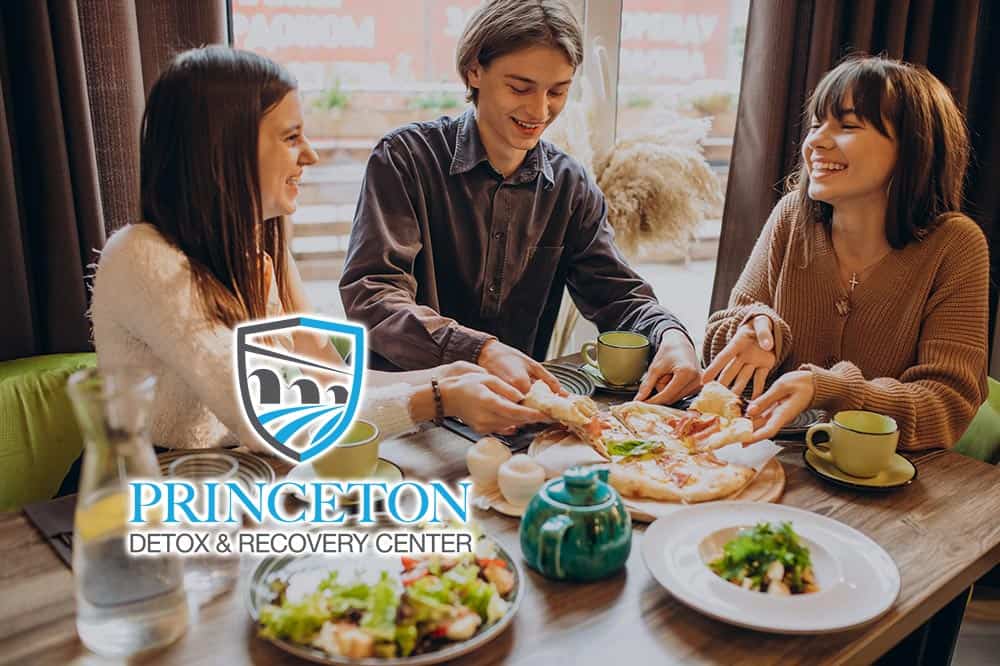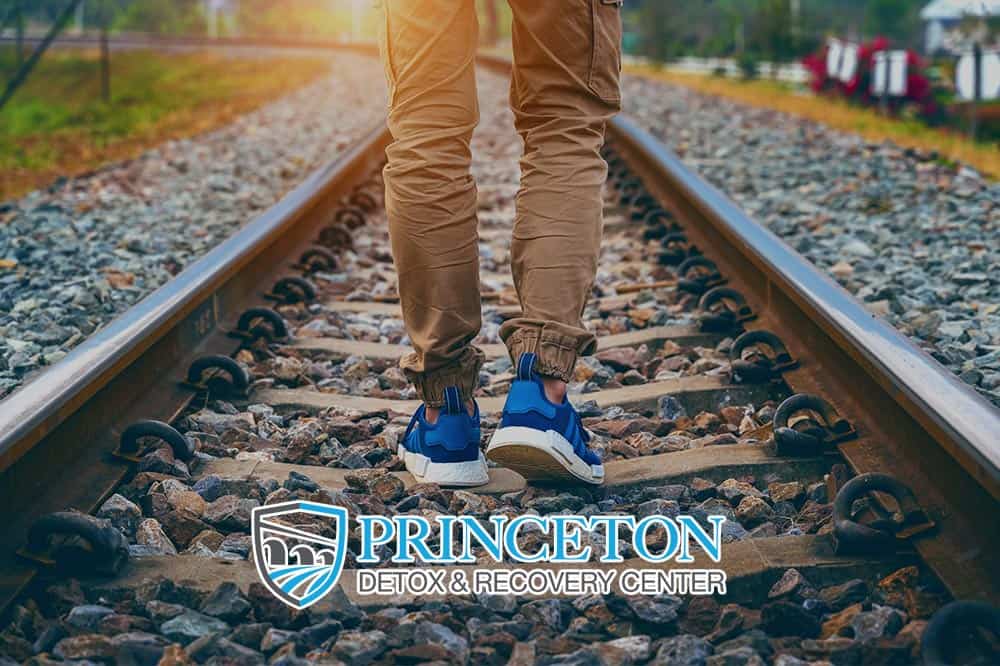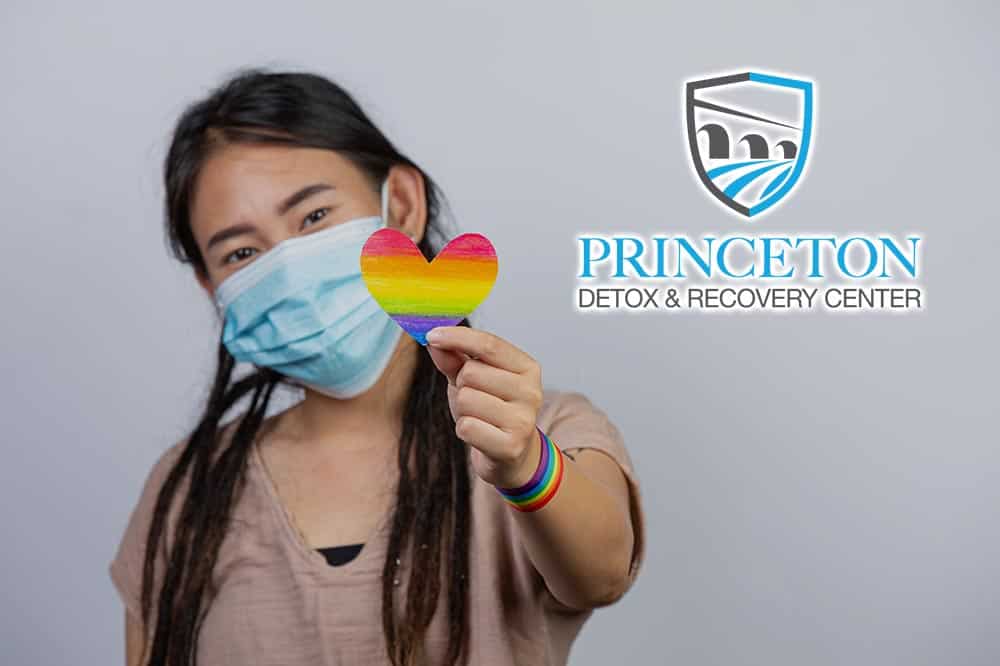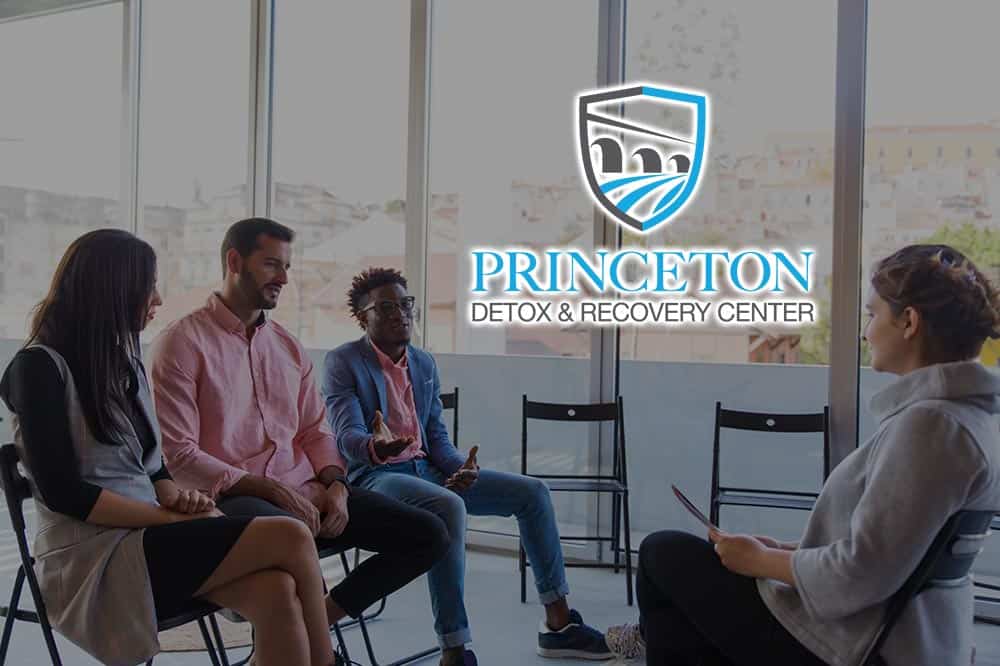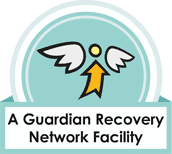Depression – also referred to as major depressive disorder – is an extremely common mental health condition, one that can result in serious symptoms that disrupt day-to-day life when left untreated. According to the Depression and Bipolar Support Alliance (via the National Institute on Mental Health, “Major Depression,” 2017), major depressive disorder affects roughly 17.3 million American adults, which equates to slightly over 7% of the entire US population. In addition to those over the age of 18, 1.9 million children aged 3 to 17 have been diagnosed with major depression. Clearly, this mental health condition is extremely widespread. It affects the way people feel, the way they behave and the way they interact with the world around them. Depression often leads to a significant loss of motivation, and makes completing daily tasks feel like an impossibility. Untreated depressive disorders also lead to problems within interpersonal relationships, problems at school or at work, and a wide range of other emotional and psychological issues, such as substance abuse and dependency.
The good news is that depression can be treated. There are many non-narcotic and non-addictive treatments for depressive disorders of all severities. At Princeton Detox and Recovery Center, we understand that depression and addiction often go hand-in-hand. For this reason, we have developed a comprehensive program of dual diagnosis care that caters specifically to those who are struggling with depression and drug addiction or alcoholism. If depression is left untreated, the symptoms will only continue to get worse. Additionally, many men and women who struggle with untreated depression will turn to drugs and alcohol as a means of self-medication. They will attempt to alleviate the uncomfortable emotions they regularly experience by numbing them out with chemical substances. Unfortunately, while this may provide temporary relief, substance use will always make the symptoms of depression significantly worse in the long-run. If you believe that you are struggling with depression but have not yet been officially diagnosed, or if you have been diagnosed but your current treatment plan is not working for you, give us a call today. We will do everything we can to ensure that your treatment plan is personalized to fit all of your individual needs, and that you are working towards lifelong recovery from depression and addiction.
Symptoms of Depression
The symptoms of depression vary significantly on a person-to-person basis. Some individuals will experience mild symptoms of depression that last for short periods of time, while others will experience severe symptoms that completely disrupt their daily lives. Some more common symptoms of depression are as follows:
- General feelings of sadness and melancholy
- Quick shifts in mood
- A loss of appetite, usually leading to weight loss
- A disinterest in activities that were previously enjoyed
- Decreased energy levels/changes in energy levels
- Fatigue and drowsiness
- An inability to get out of bed in the morning
- Feelings of guilt, shame or worthlessness
- Increased crying/emotional distress
- Difficulty concentrating or problem-solving
- Slowed physical movement and slurred speech
- Persistent thoughts of death/suicidal ideation
In order for an individual to be diagnosed with a depressive disorder, his or her symptoms must persist for over two weeks. It is important to note that everyone feels sad on occasion, and that situational depression – feeling depressed as a result of a temporary situation – does not necessarily mean clinical depression. If your best friend moves away or you lose a job that you enjoyed or your pet dies, you will definitely feel sad. Those who struggle with clinical depression will feel sad for no reason, and will be unable to shake these feelings of sadness for extended periods of time. Depression is the result of a combination of factors, including genetics, biochemistry, environmental factors and the presence of any co-occurring disorder.
Non-Narcotic Treatments
There are many effective and accessible non-narcotic medicinal and holistic treatments available for those who have been struggling with a major depressive disorder. As it stands, depression is amongst the most treatable mental health concerns – it is estimated that between 80% and 90% of men and women who seek professional help for depression will ultimately respond well to treatment. In most cases, a combination of medication and psychotherapy will be necessary. However, it is crucial that before an official diagnosis and before any attempts at treatment, a medical professional conducts an in-depth evaluation/assessment in order to identify all existing symptoms and take all contributing factors into account. Personal and family history will be closely examined, as well as potential environmental factors and pre-existing health conditions. When it comes to medicinal treatment options, there are many non-addictive options available for the long-term treatment of depression.
We Are Here For You
Let Us Help You Heal
Our Drug & Alcohol detoxification experience is second to none.
Learn how we can help by speaking with one of our Treatment Advisors today.
Non-Addictive Medicinal Options
The following list includes medications that are frequently used in the treatment of depression, all of which are considered antidepressants. This is the most common treatment for depressive disorders of all severities, ranging from mild or moderate to severe. Antidepressants are not habit-forming and have no potential for abuse.
- SSRIs – selective serotonin reuptake inhibitors
- SNRIs – serotonin and norepinephrine reuptake inhibitors
- Tetracyclic antidepressants
- Tricyclic antidepressants
- Beta-blockers
- Dopamine reuptake blockers
- MAOIs – monoamine oxidase inhibitors
- Noradrenergic antagonists
In many instances, depression can be largely attributed to chemical imbalances within the brain. “Feel good” chemicals like serotonin and dopamine are often found to be out of balance, thus antidepressants work to ensure the brain is not uptaking as much of these chemicals as it was prior to treatment. None of the above-listed antidepressants are habit-forming or addictive, making them an ideal option for those who have a history of substance abuse or addiction.
As previously mentioned, antidepressant medications are the most effective when combined with ongoing psychotherapy. There are several other non-addictive, holistic methods of treatment for depression that have proven to be effective when utilized as part of a comprehensive treatment plan. These holistic treatment options include:
- Cognitive behavioral therapy (CBT)
- Nutritional counseling
- Regular exercise
- The regulation of sleeping patterns
- Sticking to a consistent routine
- Setting attainable personal goals
- Actively challenging negative thoughts
- Taking on more personal responsibilities
- Building self-esteem through esteemable acts
- Attending support groups
At Princeton Detox & Recovery Center, we help those struggling with depression and addiction develop crucial life and coping skills that will pave the road for a lifetime of comprehensive recovery.
Ready To Begin Your Detox?
Don’t let addiction control your life.
Call us today and let’s get you started on the path to a better you.
Princeton Detox & Recovery Center and Depression
There is no question – mental illness and substance abuse often go hand-in-hand. Those struggling with depression very often turn to drugs and alcohol in attempts to alleviate or lessen disruptive symptoms. In fact, studies show that roughly one-third of adults who struggle with a substance abuse or dependency disorder have a co-occurring mental health condition like depression. Among individuals with major depression, 18% struggle with drug abuse and 16.5% struggle with alcoholism (1). At Princeton Detox and Recovery Center, we offer dual diagnosis treatment options to those who are struggling with depression and addiction. We understand the importance of treating all existing disorders simultaneously, therefore we have mental health specialists and prescribing psychiatrists on staff to help those who are struggling with mental health concerns. By tackling all existing issues, we help pave the way for lasting recovery. We also understand that not all cases of depression are the same, and the treatment options that work for one individual might not work for another. Our highly individualized program of integrated care focuses on one client at a time – we will work with you closely until we find a treatment option (or a combination of options) that is best suited to meet all of your unique needs. To learn more about our program of recovery or to get started on your personal journey of mental health and addiction recovery, give us a call today.

Reviewed for accuracy by:
Amanda Hilzer M.Ed, CAADC, IADAC, ICCS, LCADC, CCS
Amanda graduated from Lehigh University with both an undergraduate degree in Psychology and a Master’s of Education degree in Counseling Psychology and has worked in the field of substance use disorder treatment and mental health treatment as a counselor and as a clinical manager for over 14 years.
















